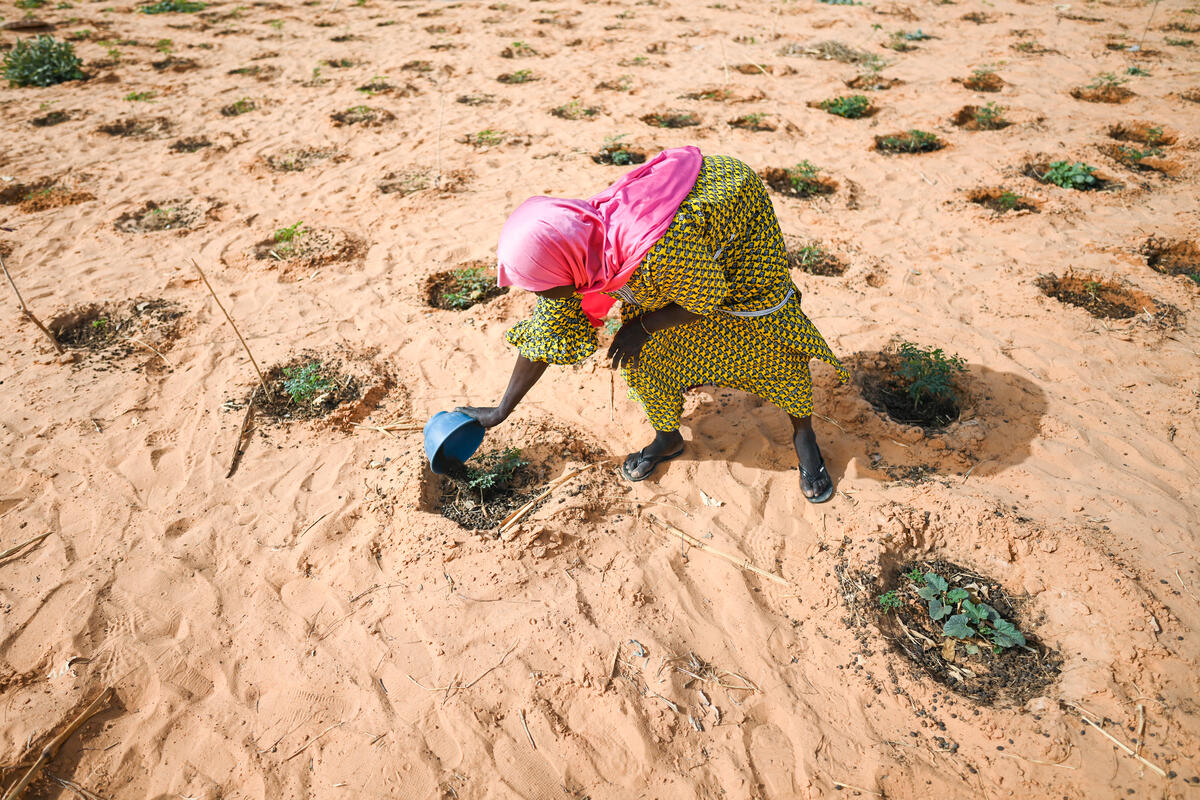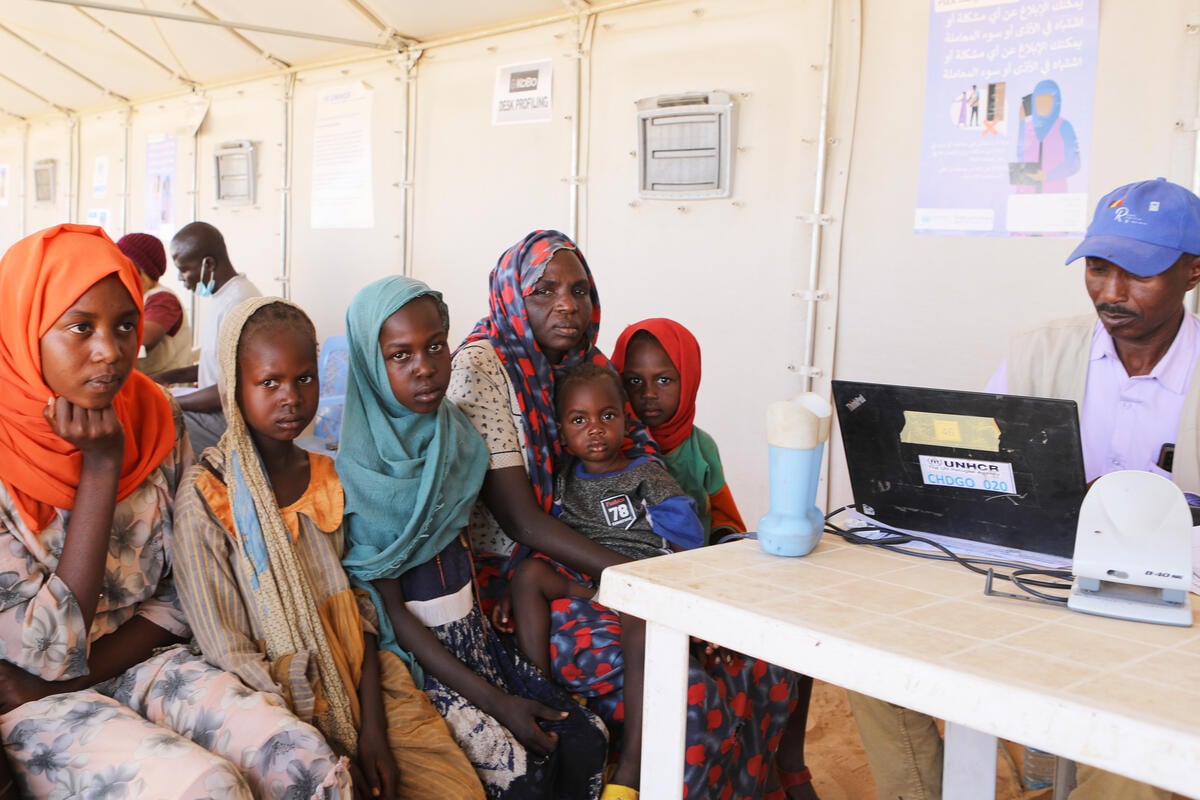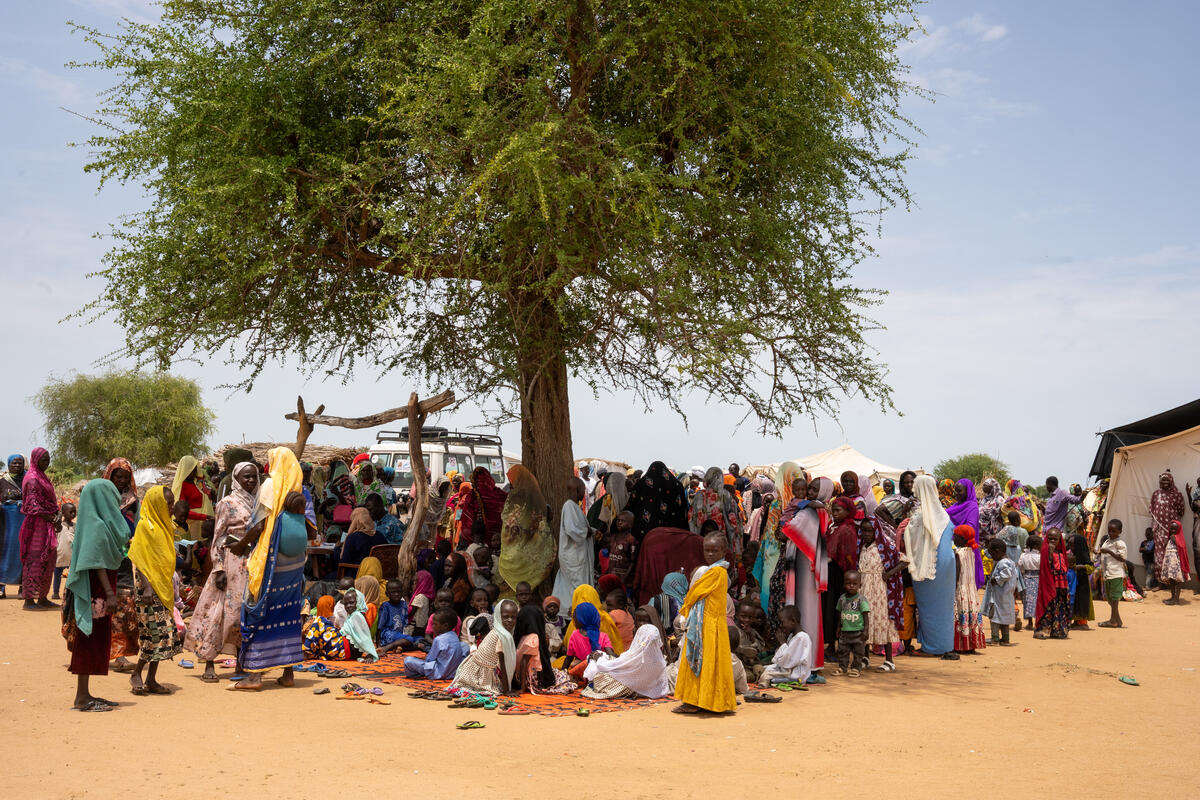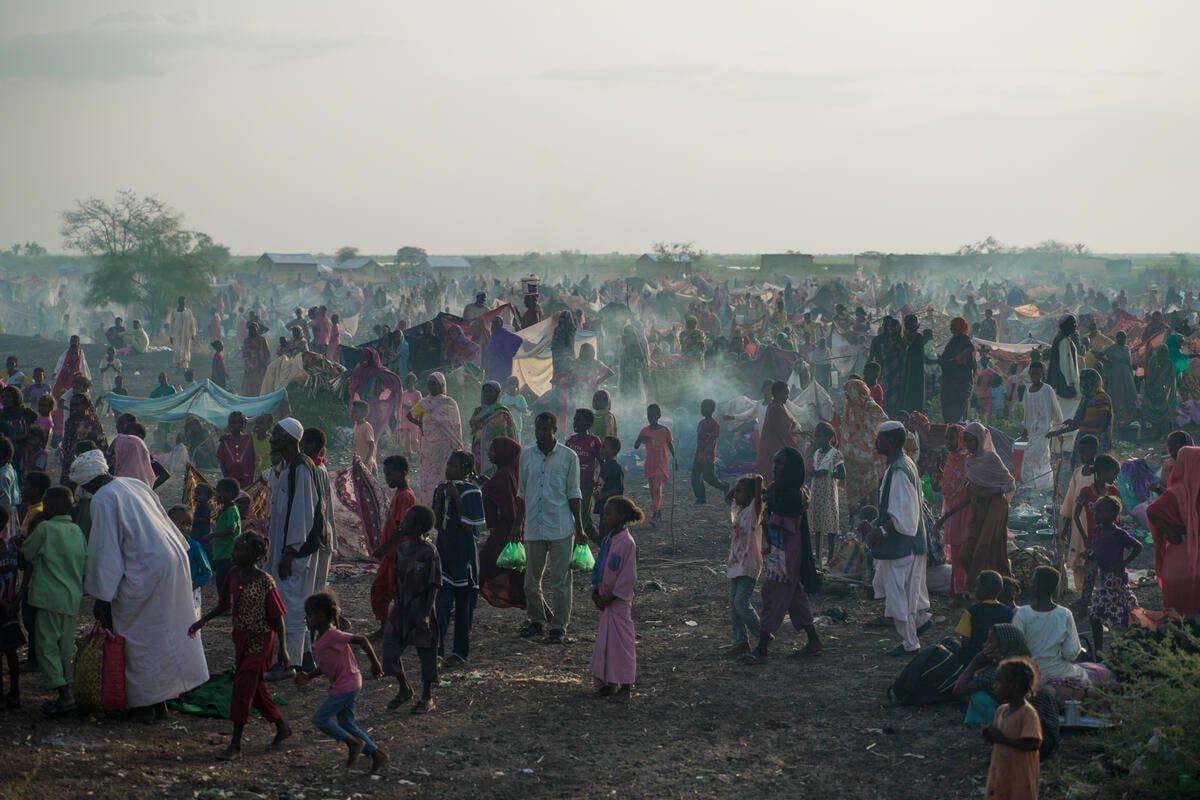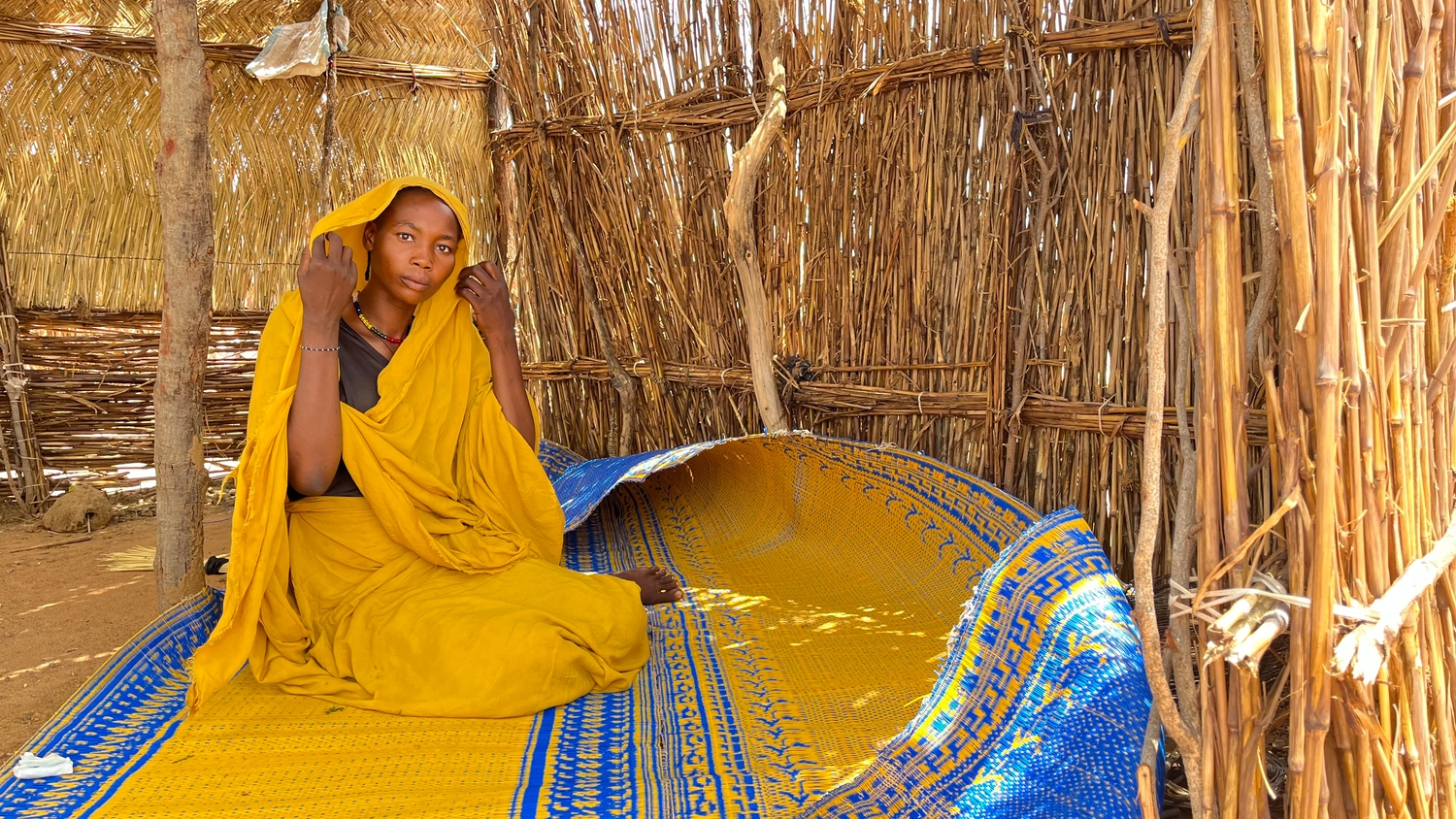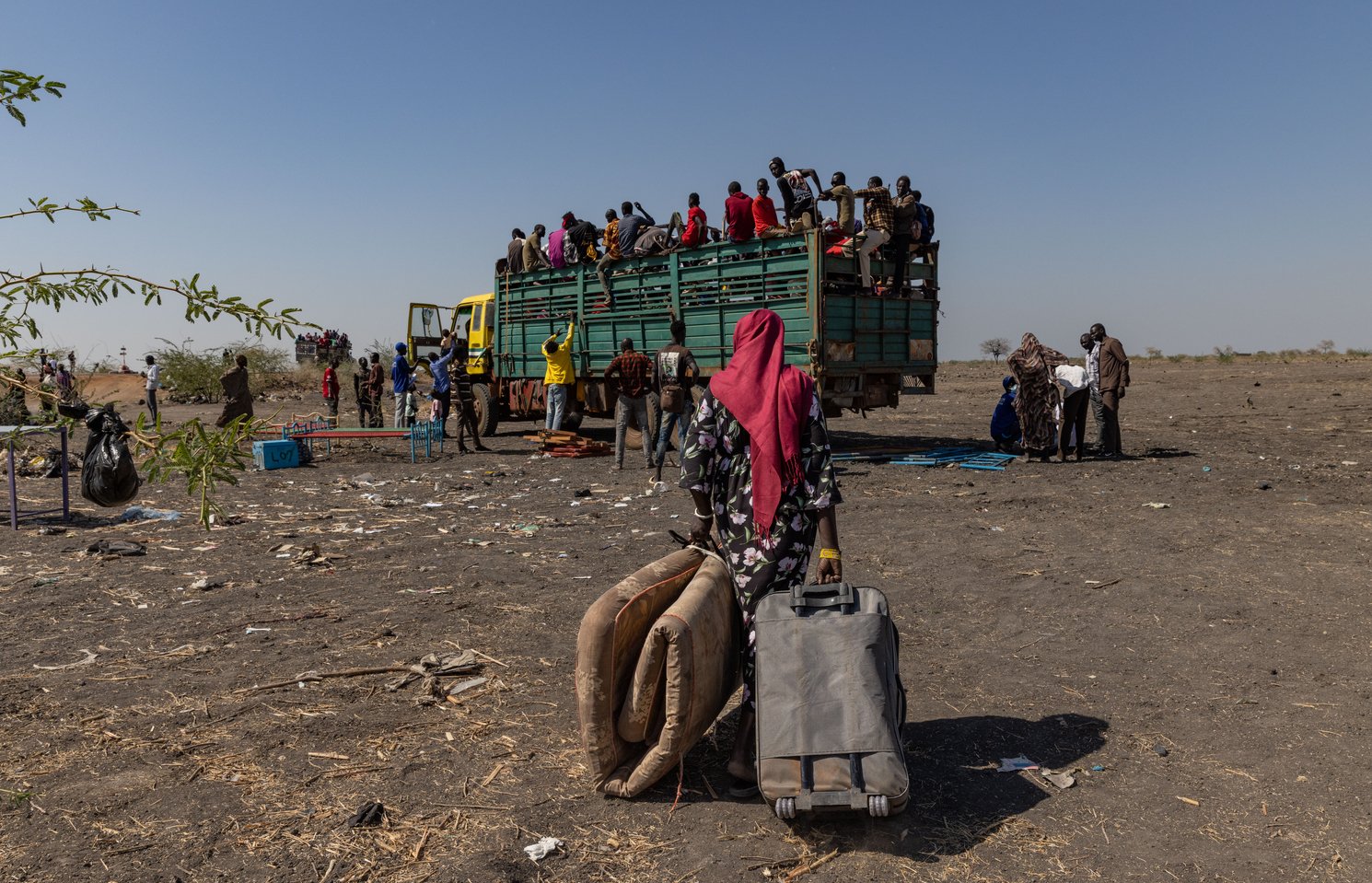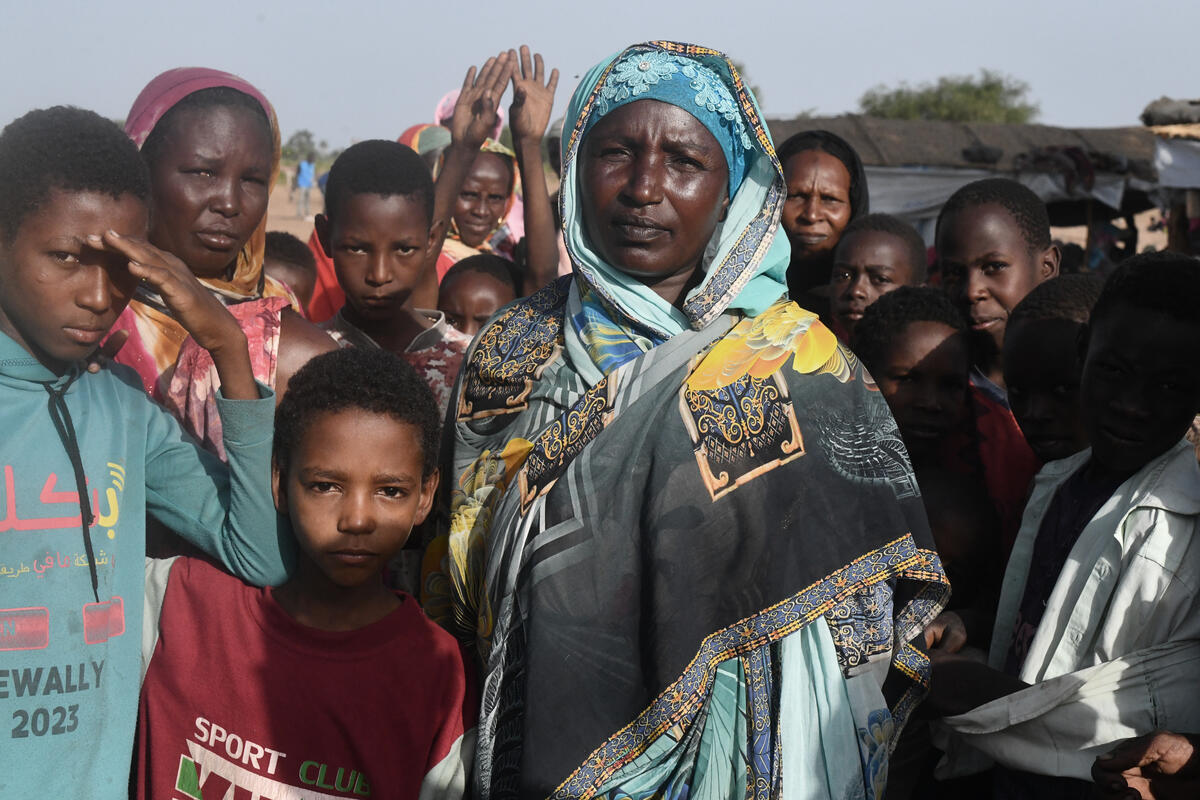Organized returns start for displaced Chadians in east
Organized returns start for displaced Chadians in east
In eastern Chad, UNHCR has started helping internally displaced people (IDPs) return to their villages amid improved security in the region. Since Saturday, we have organized return convoys carrying over 500 passengers. One left this morning.
The movements are taking place within eastern Chad's Dar Sila and Assoungha regions (namely, in the Koukou and Farchana areas) that border the West Darfur region of Sudan. Most of the IDPs fled inter-ethnic fighting in 2005 and 2006, when conflict spilled over from the still troubled Darfur region. Entire communities had their villages burnt and their land and crops destroyed.
So far, more than 14,000 of the 130,000 displaced Chadians in the two regions have signed up for return. As more continue to register, we are planning to organize convoys every other day. Some 50,000 spontaneous returns have already taken place since last year as villagers went home on their own.
The lack of socio-economic conditions for reintegration is the main obstacle to large-scale returns. Some of the IDPs say they are still hesitant and prefer to remain where they are or to relocate to other areas. In some areas deemed "not conducive for return", UNHCR is not organizing convoys but some spontaneous returns continue, with IDPs renting trucks that take them to their villages. UNHCR will support them with the same assistance package including household goods.
The signing of a normalization agreement between Chad and Sudan in January 2010 and the subsequent deployment of the Chad-Sudan joint force two months later have considerably improved security along the Chad-Sudan border where there used to be frequent rebel activities, acts of banditry and attacks against civilians.
UNHCR is also undertaking longer-term interventions in villages along the main roads where most returns take place. This includes the construction of shelter, conflict resolution initiatives, promotion of human rights and protection monitoring.
For further information on this topic, please contact:
- In N'djamena, Chad: Delphine Marie +235 66 38 51 95
- In Geneva: Fatoumata Lejeune-Kaba on mobile +41 79 249 3483

